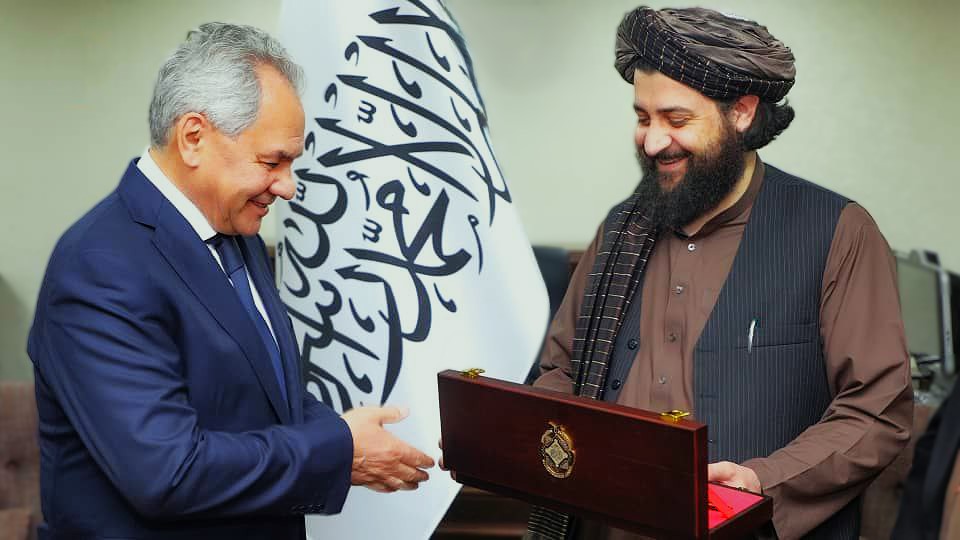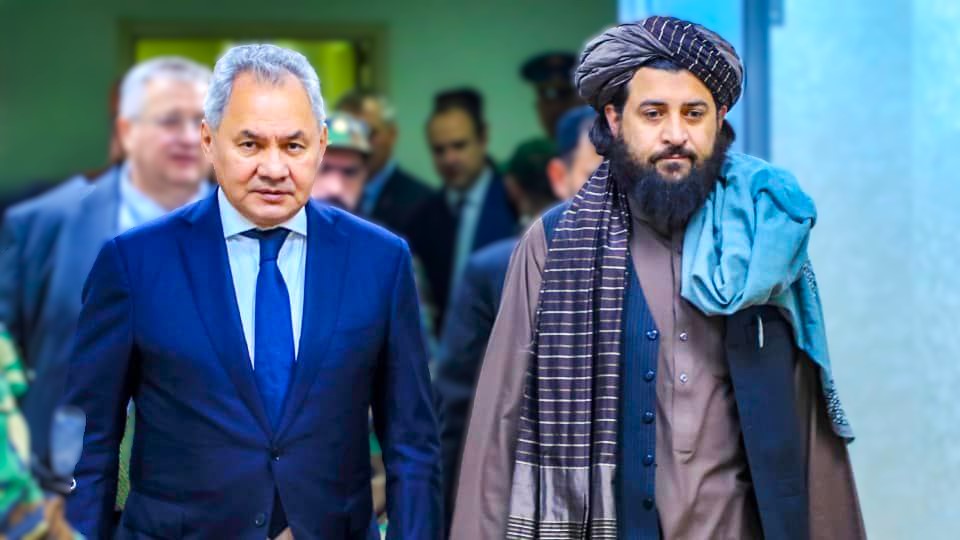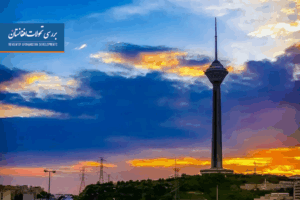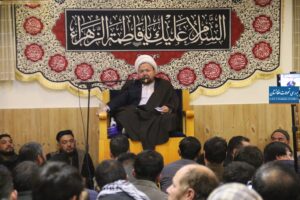Review of Afghanistan developments
Russia’s decision to formally acknowledge the Taliban government is viewed as one of the unexpected outcomes in Afghanistan following the events of 2021, marking a significant shift in Moscow’s stance towards recognizing the Taliban government. Given Russia’s influence in the region and its role within the international framework, this action by Moscow is regarded as a diplomatic triumph for the Taliban, while simultaneously representing a setback and disillusionment for those opposing the Taliban.
While it was anticipated that Russia would undertake this action following a comprehensive evaluation, and that the primary advantages of this decision for Moscow would be related to security, a recent statement by Sergei Shoigu, the Secretary of the Russian National Security Council, published in the Rossiyskaya Gazeta, a state-owned and highly esteemed publication in Russia, contradicted this assumption. In his statement, Shoigu highlighted the threats arising from the volatile situation in Afghanistan, the existence of terrorist organizations, and the risk of drug trafficking emanating from Afghanistan. This stance taken by Russia’s leading security official prompts the inquiry into the reasons behind this apparent inconsistency in Moscow’s positions. Is this indicative of a pendulum-like and perplexed behavior, or is it part of a meticulously calculated and complex strategy? There are two viewpoints to address this inquiry, which will be elaborated upon in this note.
First viewpoint: Discrepancies between the Russian security apparatus and the foreign policy apparatus
An analysis of Russia’s stance on the Taliban government over the last four years uncovers two contrasting viewpoints. Russian security agencies and officials have consistently held a negative perspective on Afghanistan under Taliban rule, frequently highlighting the threat posed by ISIS Khorasan and other terrorist organizations, including the Islamic Movement of Uzbekistan, potentially emanating from Afghanistan. Alexander Bortnikov, the director of the Russian Federal Security Service, along with Shoigu, the leader of the National Security Council, are notable figures who periodically mention the existence and operations of ISIS Khorasan and other extremist factions within Afghanistan.
In contrast, the Moscow Foreign Ministry has adopted a favorable and engaging perspective towards the Taliban government, highlighting the importance of pragmatic diplomacy to tackle security challenges, secure economic advantages, and succeed in geopolitical rivalries. Zamir Kabulov, who has played a pivotal role in Russian diplomacy concerning Afghanistan for numerous years and has maintained communication with the Taliban, is included in this category.
In this contest, the Russian diplomatic establishment successfully managed to acknowledge the Taliban government. As reported in the news, the choice to recognize the Afghan government was influenced by a suggestion from Moscow’s Foreign Minister, Sergei Lavrov. Consequently, those in charge within the Russian security apparatus are now carefully voicing their apprehensions.
Second viewpoint: A calculated tactic to maintain leverage and manage expectations
The second perspective posits that the oscillating and contradictory actions of Russia are not a result of confusion or discord among its authorities, security, and foreign policy institutions. Instead, it suggests that these actions are a strategic and deliberate maneuver designed to safeguard Russia’s interests in a context where no optimal solution exists.
In this context, Shoigu’s comments should not be seen as a reversal or regret regarding the acknowledgment of the Taliban; instead, they should be viewed as an essential and complementary aspect of Russia’s fundamental strategy. As Russia’s leading security official, Shoigu aims to achieve multiple tactical objectives with this memorandum:
Pressure on the Taliban to fulfill their commitments
Through the dissemination of this type of literature and messaging, Shoigu is signaling to the Taliban that Russia’s acknowledgment of their government is contingent. The leader of the Russian National Security Council is subtly conveying to the Taliban officials that they are required to meet their commitments in combating terrorism and drug trafficking. Indeed, these remarks serve as a diplomatic instrument aimed at exerting pressure on Kabul.
Central Asia’s security dependence on Russia
One theory regarding the remarks made by Russian officials about Afghanistan suggests that the Russian governmental structure, by amplifying the security threats posed by Afghanistan in relation to the more vulnerable nations of Central Asia, seeks to ensure that these five countries remain reliant on its security provisions. Consequently, it employs a certain level of exaggeration concerning the dangers emanating from Afghanistan, particularly those associated with ISIS Khorasan. The Kremlin leverages the security dependence of the Central Asian nations as a tool, as the leaders of these countries are aware that only the Kremlin can assist them in preserving their familial and hereditary authority.

Attracting cooperation to join the Moscow format
The Chairman of the Russian National Security Council’s emphasis on the threats posed by Afghanistan is intentional, designed to instill apprehension both regionally and within the international community, subsequently positioning Russia as a diplomatic leader in this context. Presently, the Moscow format stands as one of the key platforms addressing the Afghanistan issue in the region; however, there exist alternative platforms that could potentially diminish the significance of the Moscow format in the future. Conversely, the Moscow format has thus far been confined to regional nations and has not effectively engaged Western countries.
Future-proof flexibility
Comprehending the internal disparities and varying inclinations within the Taliban, Moscow is establishing flexibility by employing a dual strategy of engagement and caution. This dual strategy allows Moscow to leverage these positions to diminish its level of involvement or potentially revoke the legitimacy it has been granted if a faction different from the current one assumes power and dismisses security collaboration with Moscow.
Related articles
Mutual expectations of Russia and Taliban
Analyzing Russia’s recognition of the Taliban government
Conclusion
Moscow has exhibited fluctuating, pendulum-like stances regarding the Taliban government. This stance is firmly established, and there are two interpretations that seek to explain it. The first perspective attributes the origin of this pendulum movement to internal institutional differences within Russia, whereas the second perspective interprets Shoigu’s recent stance as a division of roles and a tactical maneuver aligned with the Kremlin’s overarching strategy. Proponents of the second perspective argue that the capacity to convey dual messages reflects Moscow’s capability to navigate a complex and perilous international landscape.
Currently, it is challenging to determine which perspective is accurate; however, the initial viewpoint appears to be more established and is based on stronger foundations.

















